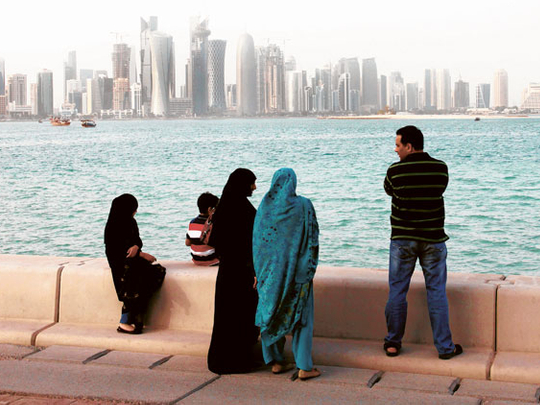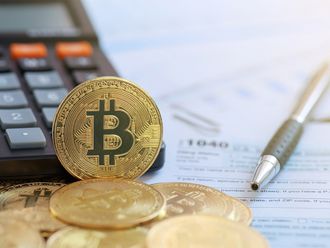
The unprecedented decision by Qatar's Pension and Social Insurance Authority to invest 1.6 billion Qatari riyals (Dh1.61 billion) in a real estate company marks the beginning of a new investment approach by pension funds in the Gulf Cooperation Council (GCC).
The move follows calls by economists for Gulf pension funds to contribute to the development of GCC countries by stimulating local markets and encouraging further investment, and follows in the footsteps of pension funds across the world, especially those in the European Union (EU).
In EU states, pension funds are considered one of the most important driving factors of domestic investment, including investment in stock and capital markets, acting as market maker that brings balance to the market and curbs speculation.
GCC pension funds have huge financial capabilities. According to preliminary estimates, these funds have $70-80 billion, an amount that could become a major vehicle for investment in the GCC markets if this money is invested in a proper and professional manner.
Currently, GCC pension funds are still refraining from domestic and foreign investment, sufficing with bank deposits. This only produces marginal interest rates, which do not exceed 1 per cent in the best cases. Due to this, funds may suffer from an actuarial deficit if they continue to invest in this direction and lack long-term investment policies.
In light of this, the latest move by Qatar's pension fund to invest $440 million is all the more groundbreaking.
Importance
The need for GCC pension funds to adopt investment policies has become an issue of significant importance to the economies of the Gulf nations on the one hand, and to the insured GCC citizens on the other. This is simply because investment policies will have direct impact on growth rates and living standards in the GCC countries.
Data released by GCC pension funds is minimal, even at a time when similar funds in the rest of the world regularly disclose details of investment policies and information on asset growth, profits or losses.
At present, GCC pension funds have major chances to boost their incomes and financial conditions. Yet, apart from Qatar's fund, the remaining GCC pension funds have so far been conservative in their investment approaches.
Even though the Qatari fund's move seems small, it is hugely important given what is going on in the country. Qatar's real estate sector, for example, has the ability to give a strong boost to a national economy that is currently achieving the highest growth rates in the world.
Construction projects in Qatar will also continue to increase from now until the opening of the 2022 Fifa World Cup due to projects expected to be implemented in preparation for this event over the next 10 years.
Aside from the real estate sector, GCC stock markets offer significant opportunities. Return on share in many joint stock institutions, especially UAE and Qatari banks, can be more than 5 per cent at current prices — constituting five times banking returns at present.
Consider some of the region's biggest companies, such as Saudi Arabia's Sabic and Bahrain's Alba — the return on the latter's shares is currently 11 per cent per annum.
Insurance
By refraining from investment in the local market, GCC pension and social insurance funds will miss the chance to cash in on this massive growth.
Being negligent can be attributed to the GCC funds' lack of administrative independence due to their association with ministries which have other priorities and do not pay attention to these funds.
This happens despite the fact that the issue of investment by pension funds may sound more important than investments carried out by these ministries in terms of both development and investment aspects.
The GCC countries need to give pension funds more independence and remove restrictions.
Dr Mohammad Al Asoomi is a UAE economic expert and specialist in economic and social development in the UAE and the GCC countries.












